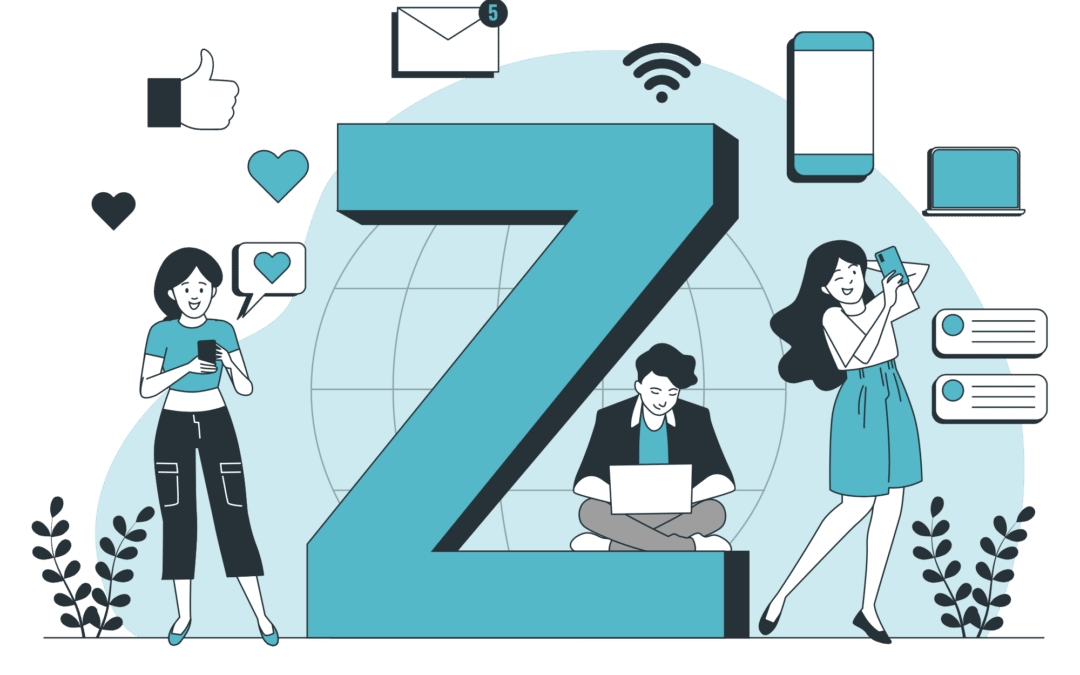Constraint as a Feature: How Gen Z is automating financial self-control
Why this generation uses credit tools to spend less, not more
Initial Thoughts
Young professionals are doing something weird with their money. I've been watching a few people in my circle use their Rs 25k LazyPay limits as monthly food/Q-comm budgets. Not because they can't afford more, they easily could. But because they don't want to spend more.
Think about that for a second. They're using a credit product designed to help you spend beyond your means as a tool to spend within self-imposed limits. Every food delivery/Q-comm order counts against this ceiling. When they hit Rs 25K, payments fail. No daily debates about "should I order tonight?" No guilt. No willpower required. The decision is automated.
It's brilliant, actually.
They've taken Buy Now, Pay Later (“BNPL”), literally built to accelerate consumption and turned it into a self-control mechanism. This isn't a financial constraint born from necessity. This is an affluent constraint - choosing less when you could afford more.
Why does this matter?
Previous generations had constraints imposed on them. Limited bank hours. Cash envelopes. Parents setting allowances. The friction was built into the system.
Gen Z has grown up with frictionless everything. One-click purchases. Instant transfers. 24/7 access to credit. Every app is optimising to remove barriers between impulse and action.
But instead of embracing unlimited financial freedom, Gen Z are actively seeking out constraints. They want guardrails, not more runway. This isn't about being financially responsible in the traditional sense. It's about being smart. They've realised that decision fatigue is real, and willpower is overrated.
By setting hard limits, they've outsourced self-control to their payment system. The burden of saying "no" shifts from their willpower to their wallet's capacity. When the limit hits, the decision is made for them.
This generation doesn't want unlimited options. They want smart boundaries. Frictionless experiences, yes, but within constraints they define for themselves.
What This Means for Fintech Products
Most fintechs are optimising for "spend more, access more, do more." Their success metrics revolve around increasing transaction volumes and credit utilisation. But this behaviour suggests something different. There's an opportunity to help people spend smarter, not just spend more.
Imagine BNPL products with built-in category limits.
Rs 15K for food,
Rs 10K for shopping,
Rs 5K for entertainment.
Real-time alerts when you're approaching your self-set boundaries. Hard stops that prevent overspending without requiring daily willpower.
Or consider subscription management tools.
These don't just track what you're paying for, but actively suggest limits based on your usage patterns. "You watched Jiostar twice last month, maybe pause the premium plan?"
Gameplan
The companies that figure this out first will capture a generation that values conscious consumption over mindless spending. They'll build products that feel like financial co-pilots (Financial companions/buddies), not financial enablers.
But here's the catch: this requires rethinking fundamental business models.
How do you make money helping people spend less? The answer lies in earning loyalty through restraint, not revenue through excess.
The Shift is Already Happening
This isn't just about BNPL or food delivery.
It's about a fundamental shift in how an entire generation thinks about choice and constraint.
Gen Z has grown up with infinite options and learned that this can be paralysing.
They've figured out that true freedom sometimes means limiting your choices, not expanding them.
They're not anti-consumption. They're pro-intentional consumption.
They want the convenience of modern financial products without the cognitive load of constantly making micro-decisions about spending.
The companies that recognise this shift first, that see constraint as a feature, not a limitation, will build the financial products that define the next decade.
Because here's what's really happening: Gen Z isn't just using money differently. They're redefining what financial wellness looks like. And it turns out, sometimes the smartest financial decision is making sure you can't make a dumb one.
What behaviours are you noticing among the people around you? Hit reply and let me know, I'm always watching for the next pattern that reveals how we Gen Z are really living and spending. Until next time………


